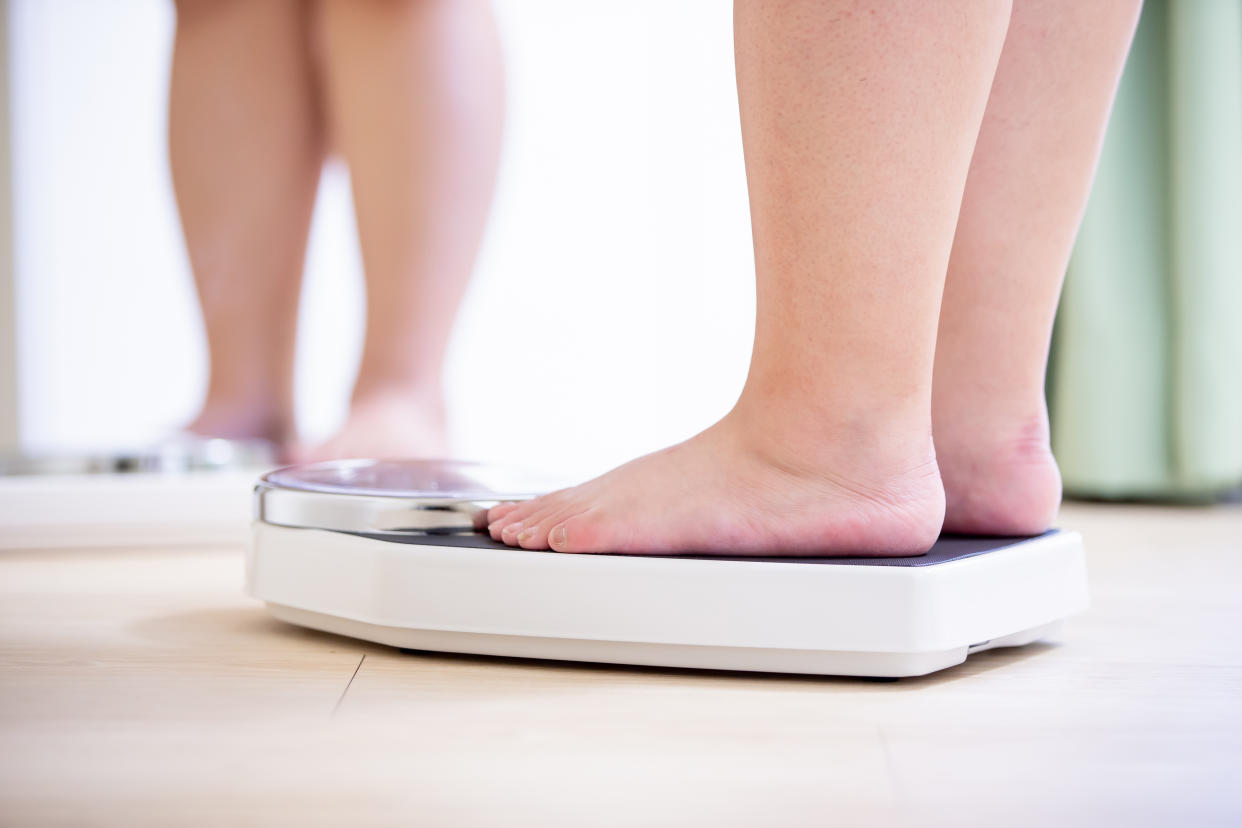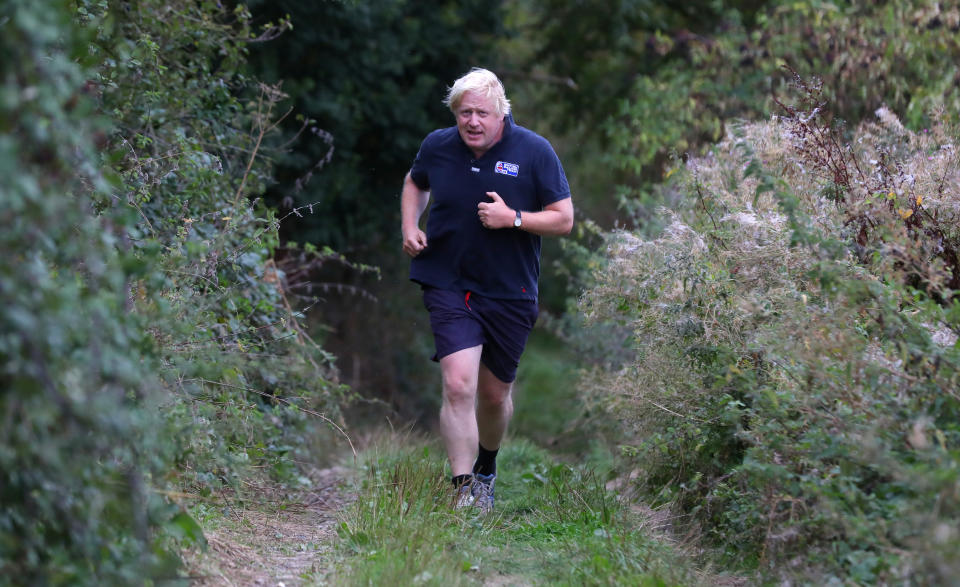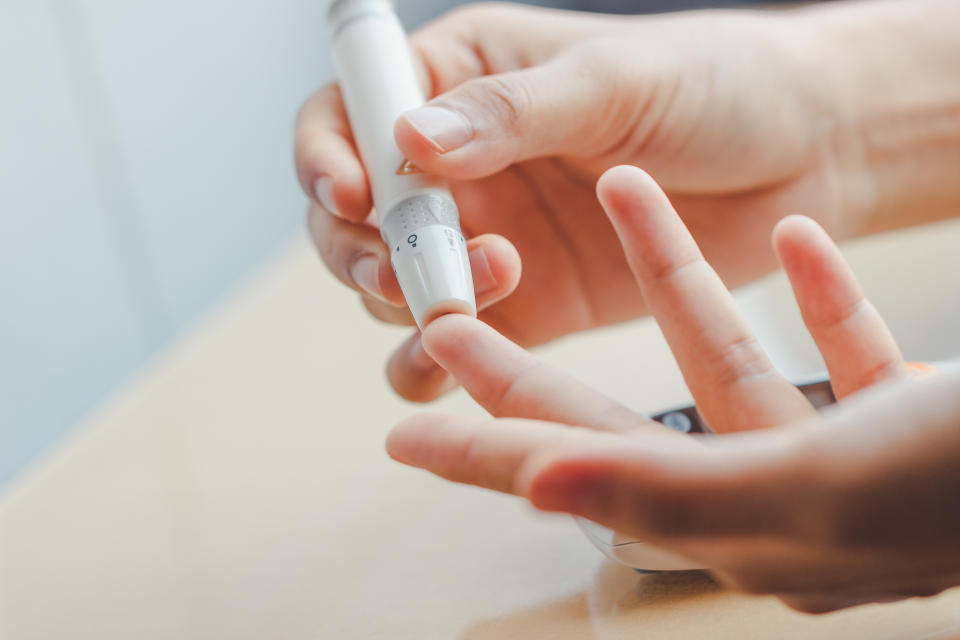Reversing childhood obesity to 1980s level could save the NHS £66bn

Reducing childhood obesity to 1980s level could save the NHS £66bn ($87bn) over that generation’s lifetime, according to a report by the Institute for Public Policy Research (IPPR) think tank.
The economy would also be £359bn ($473.4bn) better off, it adds.
“In July, the government made welcome commitments to tackle obesity, but faced with the scale of the obesity epidemic, it was just one small step, not a giant leap,” said Chris Thomas, senior research fellow at the IPPR.
“The disastrous impact of obesity on our health and society demands we go further.
“Success could facilitate the kind of major health gains the Victorians achieved through sanitation or childhood immunisation in the 20th century.
“Failure could mean a century of stalled progress.”
In England alone, one in 10 (9.7%) four-to-five year olds were obese in 2018/19. This rose to one in five (20.2%) among 10-to-11 year olds.
Read more: Google anxiety searches break records amid coronavirus pandemic
Obesity increases a child’s risk of everything from prediabetes to breathing difficulties, as well as them being more likely to carry a dangerous amount of weight as an adult.
Among adults, obesity has been linked to heart disease, type 2 diabetes, depression and even certain cancers.
To combat this, the government has pledged to halve childhood obesity by 2030.
Achieving this could save the NHS £37bn ($48.7bn) over the lifetime of children in England today, according to IPPR modelling.
“Wider society” would also be £202bn ($266.4bn) better off, the authors wrote in The whole society approach: Making a giant leap on childhood health report.
Savings would reportedly come from reduced hospital admissions, improved productivity and greater workforce participation.
The authors are urging the government to be more ambitious by pledging to bring childhood obesity down to 1980s levels, when less than 2% of youngsters carried a dangerous amount of weight.
Prime minister Boris Johnson has vowed to crack down on the issue of obesity, blaming his “way overweight” frame for landing him in intensive care with the coronavirus in April.
The prime minister announced in July plans to bank junk food adverts pre-watershed, as well as ending “buy one, get one free” promotions on fatty products.

Read more: One in five children with coronavirus develop eye symptoms
While this should help ward off poor health and coronavirus complications, Johnson stressed losing weight also “takes pressure off the NHS”.
The authors have welcomed Johnson’s plans to tackle obesity, but the team stressed they are just “first steps”.
They also want to see a non-essential levy of 8% on unhealthy foods that exceed a set number of calories.
Similar taxes have successfully reduced consumption in Mexico and Hungary, as well as incentivising food manufacturers to make their products healthier.
The authors have also proposed a healthy food subsidy scheme worth £21 ($27.69) a week for all children receiving free school meals. This would be redeemable against any essential foods and recognises the inequality at the heart of the obesity crisis, they said.
The most deprived areas of England had more than double the prevalence of childhood obesity than the least well-off regions in 2018/19.
The subsidy scheme would cost around £1.5bn ($1.9bn) a year, paid for by the non-essential food levy, added the authors.

‘Children have a right to health’
“Poor health is often a product of poverty and deprivation,” said Dean Hochlaf, from the IPPR.
“This is why IPPR is calling for a new healthy food subsidy scheme for the most vulnerable children, to ensure every child can enjoy a healthy meal.”
Former chief medical officer and IPPR advisory board member Dame Sally Davies added: “Children are our future and they have a right to health and health in turn gives our nation a stronger economy.
“Now we need to move to action.”
Other experts have welcomed the IPPR’s proposal.
“The last few months have truly shone a light on the devastating impact obesity can have on our health,” said Chris Askew, CEO of Diabetes UK.
“Yet, as this report highlights, our children’s wellbeing is suffering and recent government announcements, while welcomed, must go further if we’re to change this.
Read more: Breast-milk ice cubes could deliver coronavirus antibodies
“Obesity accounts for up to 85% of the risk of type 2 diabetes; a serious condition with life threatening complications, that is more severe the younger you develop it.
“There is hope and this does not have to be our reality.
“We believe the UK has the opportunity to make another ‘giant leap’ forward, but it is integral we shift to a preventative approach across society, and not put the blame and responsibility on the individual.”
Jacob West from the British Heart Foundation called the report “a warning that the toll on our health and economy could be immense in the years to come if we fail to adequately address this major public health crisis today.
“More must be done to break this chain of ill health,” he said.
“To do this will require collective action across government, society and the economy – there’s no magic bullet when it comes to reducing obesity rates.
“Exercise and willpower alone are not enough; children must also grow up in the healthiest possible environment.”


